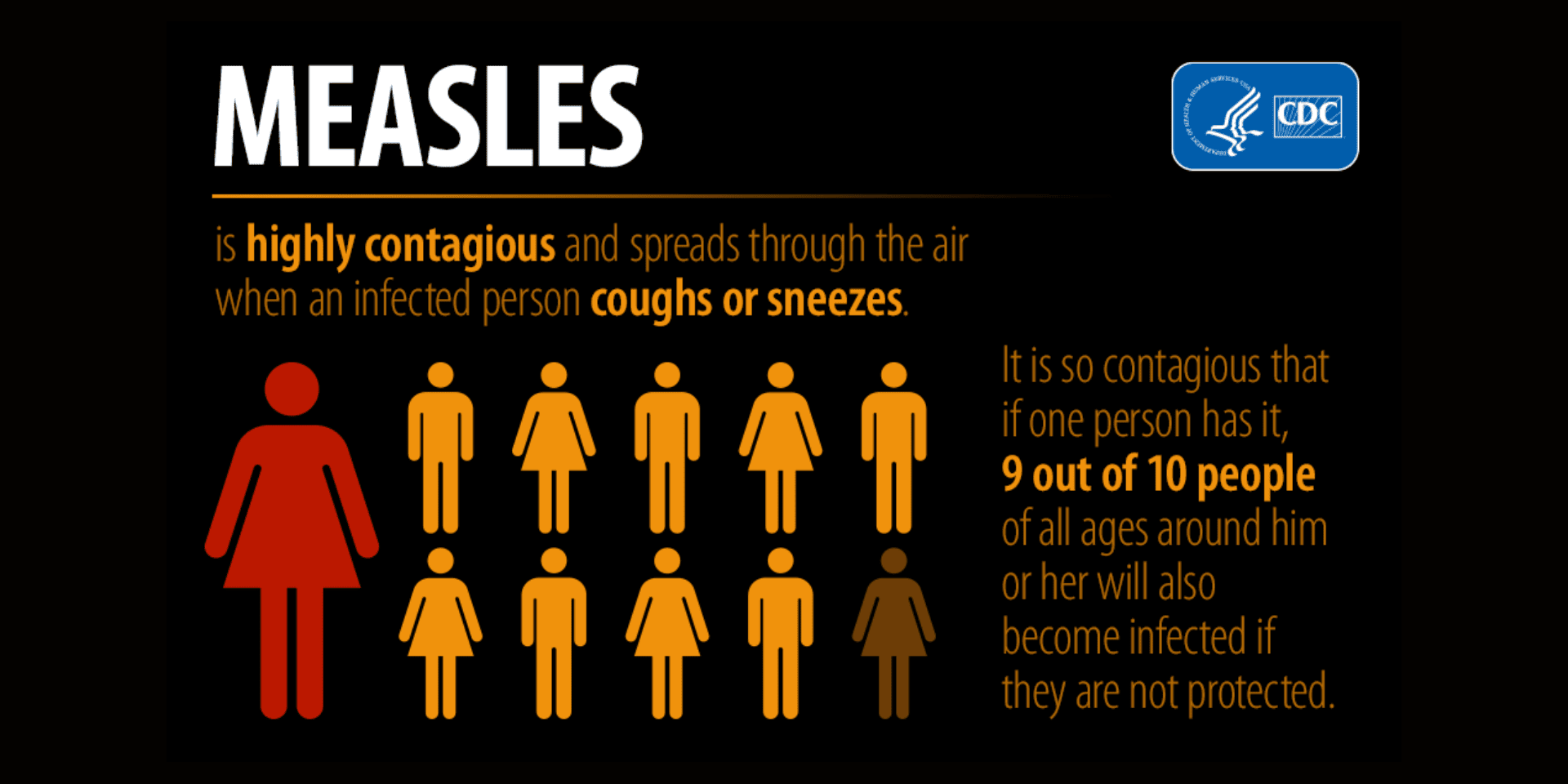
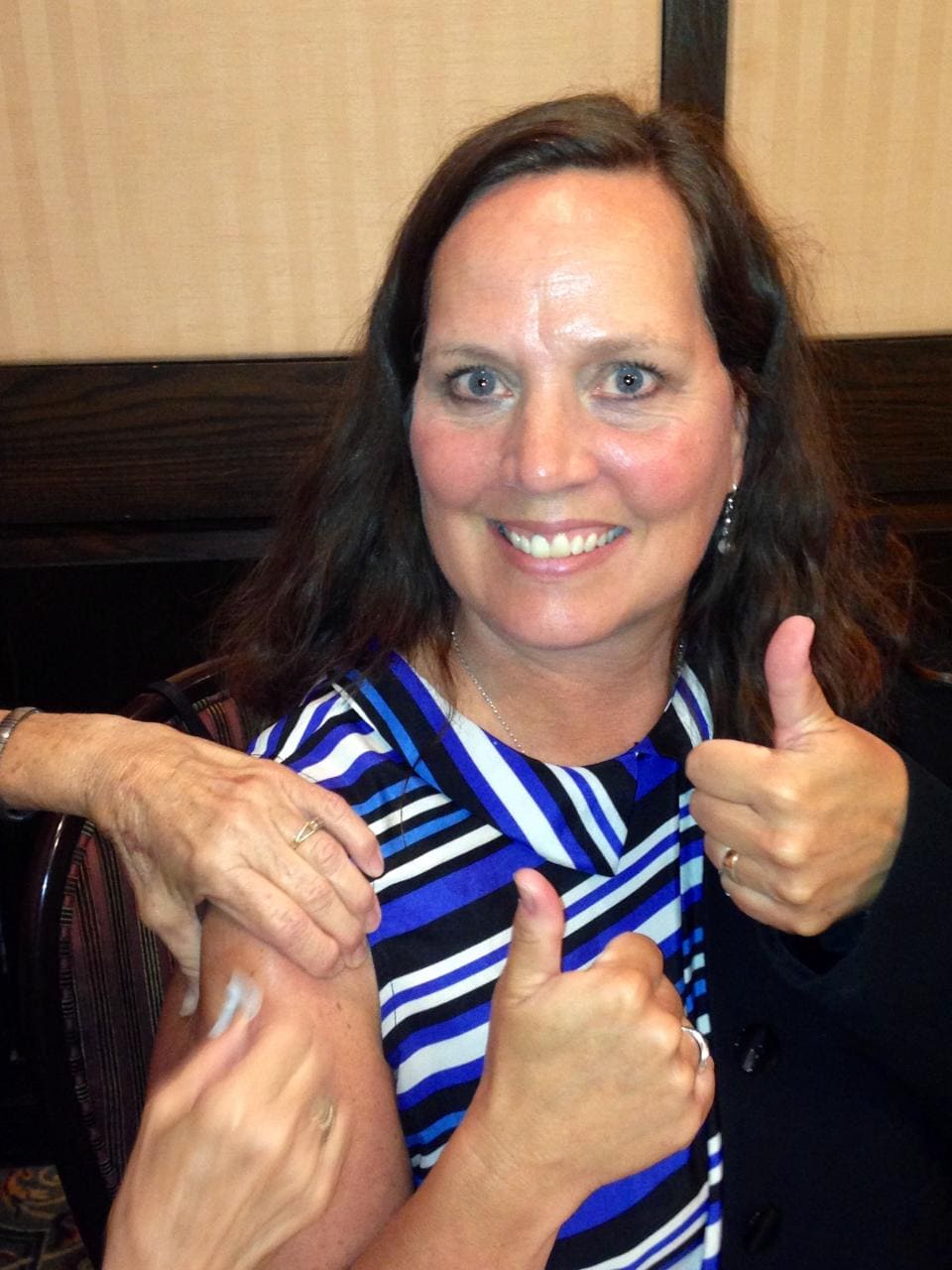 Special thanks to NFID Secretary, Patricia (Patsy) A. Stinchfield, RN, MS, CPNP, CIC, Senior Director, Infection Prevention & Control and Pediatric Nurse Practitioner, Infectious Disease/Immunology at Children’s Minnesota, for this guest blog about the current measles outbreak in Minnesota.
Special thanks to NFID Secretary, Patricia (Patsy) A. Stinchfield, RN, MS, CPNP, CIC, Senior Director, Infection Prevention & Control and Pediatric Nurse Practitioner, Infectious Disease/Immunology at Children’s Minnesota, for this guest blog about the current measles outbreak in Minnesota.
The 2017 Minnesota measles outbreak, with 78 cases, is now the largest measles outbreak in the state in the past 3 decades. There have been more measles cases in the Minneapolis area in 7 weeks than the entire US in 2016. It seems impossible that a vaccine-preventable disease is making a comeback here in the US, in Europe, and around the world. Romania, a country with a population similar to New York state (19 million), has had more than 7,000 cases of measles and 30 deaths in the past year alone.
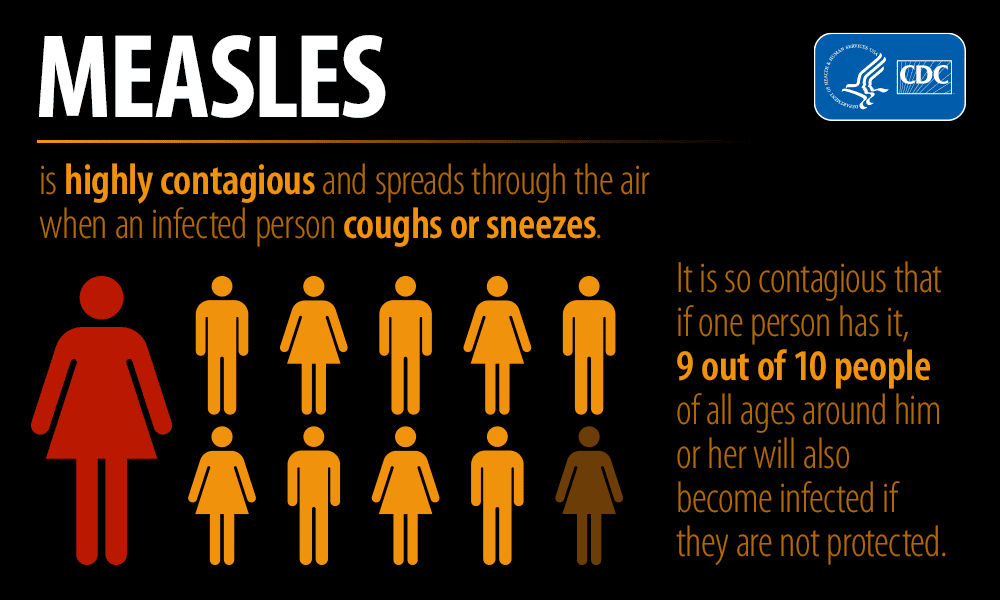 We are one global community and we must not let our vaccination guard down. We must vigorously work to promote community immunity, reduce myths, fight the anti-vaccination lies, and rely on science to prevent this contagious disease from taking lives. Measles does not discriminate. This highly contagious virus deftly seeks infects and easily spreads…9 out of 10 unvaccinated individuals will become victims of this deadly disease.
We are one global community and we must not let our vaccination guard down. We must vigorously work to promote community immunity, reduce myths, fight the anti-vaccination lies, and rely on science to prevent this contagious disease from taking lives. Measles does not discriminate. This highly contagious virus deftly seeks infects and easily spreads…9 out of 10 unvaccinated individuals will become victims of this deadly disease.
The current Minnesota measles outbreak is primarily affecting Somali preschoolers and is a direct result of anti-vaccination misinformation deliberately delivered to a vulnerable community. In 2008, when the Somali community raised questions about autism being diagnosed in their children, the local and national anti-vaccine crowd brought their message to Somali faith leaders and urged them to decline the measles, mumps, and rubella (MMR) vaccine for fear of a link to autism. Numerous studies have debunked a link between MMR vaccine and autism. But, using fear as a driver worked and according to the Minnesota Department of Health, MMR vaccination rates dropped from 92% in 2004 to 42% in 2014 in Somali infants at age 2 years old. Interestingly, vaccination rates for all other vaccines remained high.
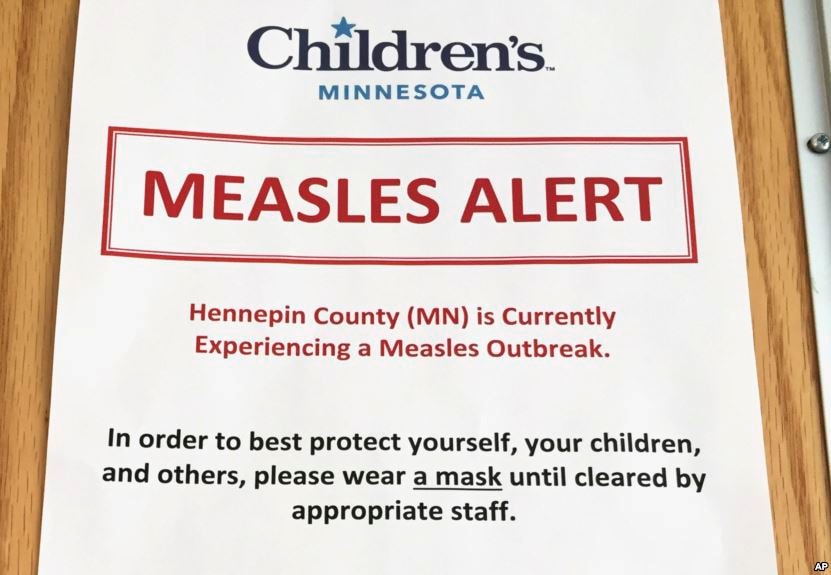
One remarkable number in the Minnesota outbreak is 8,880—the total number of people exposed to the disease by 78 highly-infectious individuals with measles. It demonstrates how effective the MMR vaccine is, as the majority of those exposed had been vaccinated and did not contract the disease. Without a well-vaccinated community, this outbreak could have been a lot worse and much more like what is happening in Romania today. Fortunately, after seeing the seriousness of measles first hand, Minnesotans are now getting the MMR vaccine by the thousands each week.
The misinformation about MMR vaccine is like a virus unto itself that has wildly spread out of control. We keep that virus from spreading by listening first, understanding fears, and not allowing the dismissal of measles as a simple rash illness. Many individuals with measles succumb to infected brains or lungs filled with virus with no available treatment. The fear should be of the disease. The action should be to prevent it with the highly-effective MMR vaccine. Our kids are depending on us to do the right thing and vaccinate on schedule.
Learn more about measles and the vaccine to help prevent it at www.nfid.org/measles and talk to your healthcare provider to make sure you and your family are protected.
To join the conversation, follow NFID on Twitter (@nfidvaccines), like NFID on Facebook, join the NFID Linkedin Group, and subscribe to NFID Updates.
Related Posts

Protecting Children as They Head Back to School
As school gets underway, experts from the National Foundation for Infectious Diseases (NFID) offer insights on childhood immunization
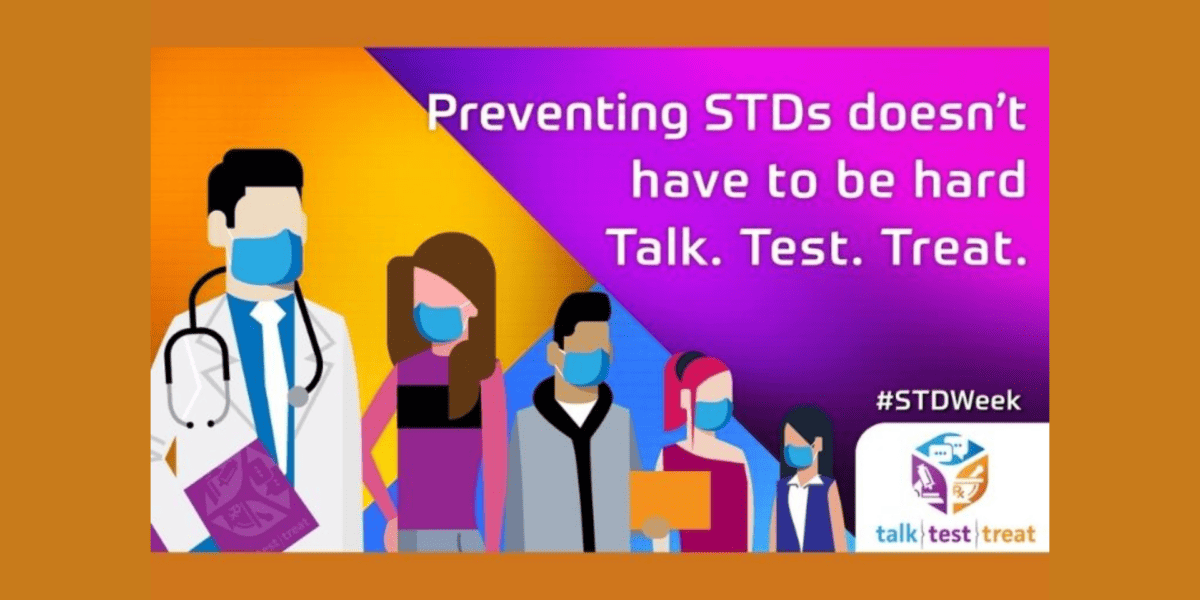
Lifelong Conversations about Sexual Health
Teen Health Week is April 4-10, 2022, and STD Awareness Week is April 10-16, 2022, both of which provide an opportunity for healthcare professionals to begin lifelong conversations with patients about sexual health and the importance of staying up to date on all recommended vaccines …
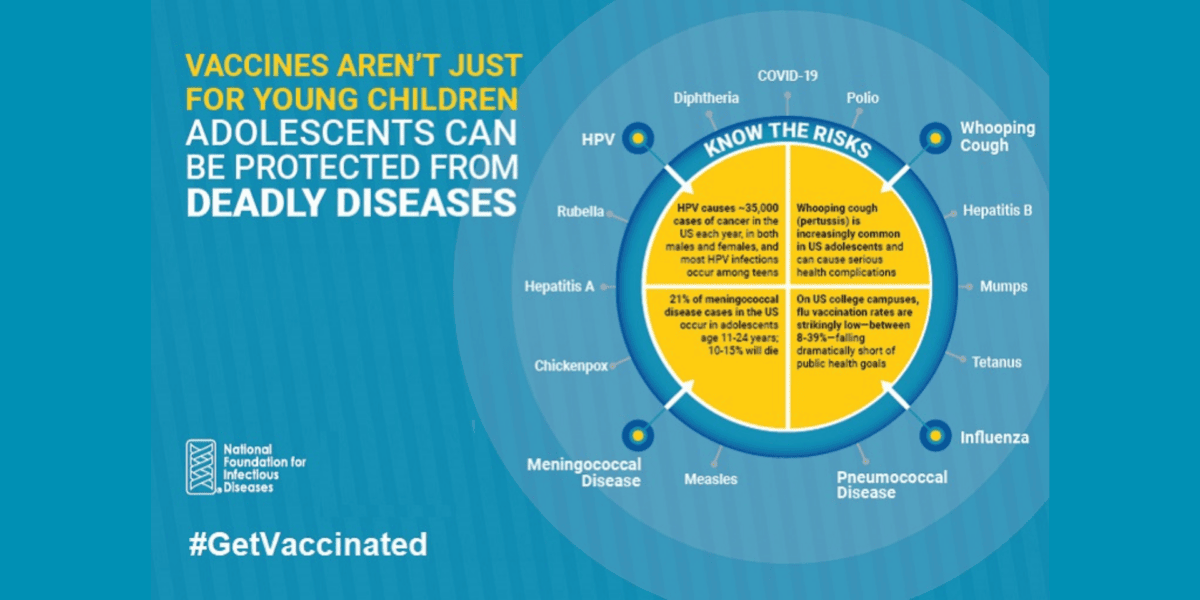
Vaccines Are Not Just for Young Children
CDC recommends vaccinations from birth to adulthood to provide a lifetime of protection. Yet many adolescents are not vaccinated as recommended, leaving them unnecessarily vulnerable. International Adolescent Health Week (March 20-26, 2022) is a perfect time to make sure that pre-teens and teens are up to date on all recommended vaccines …
